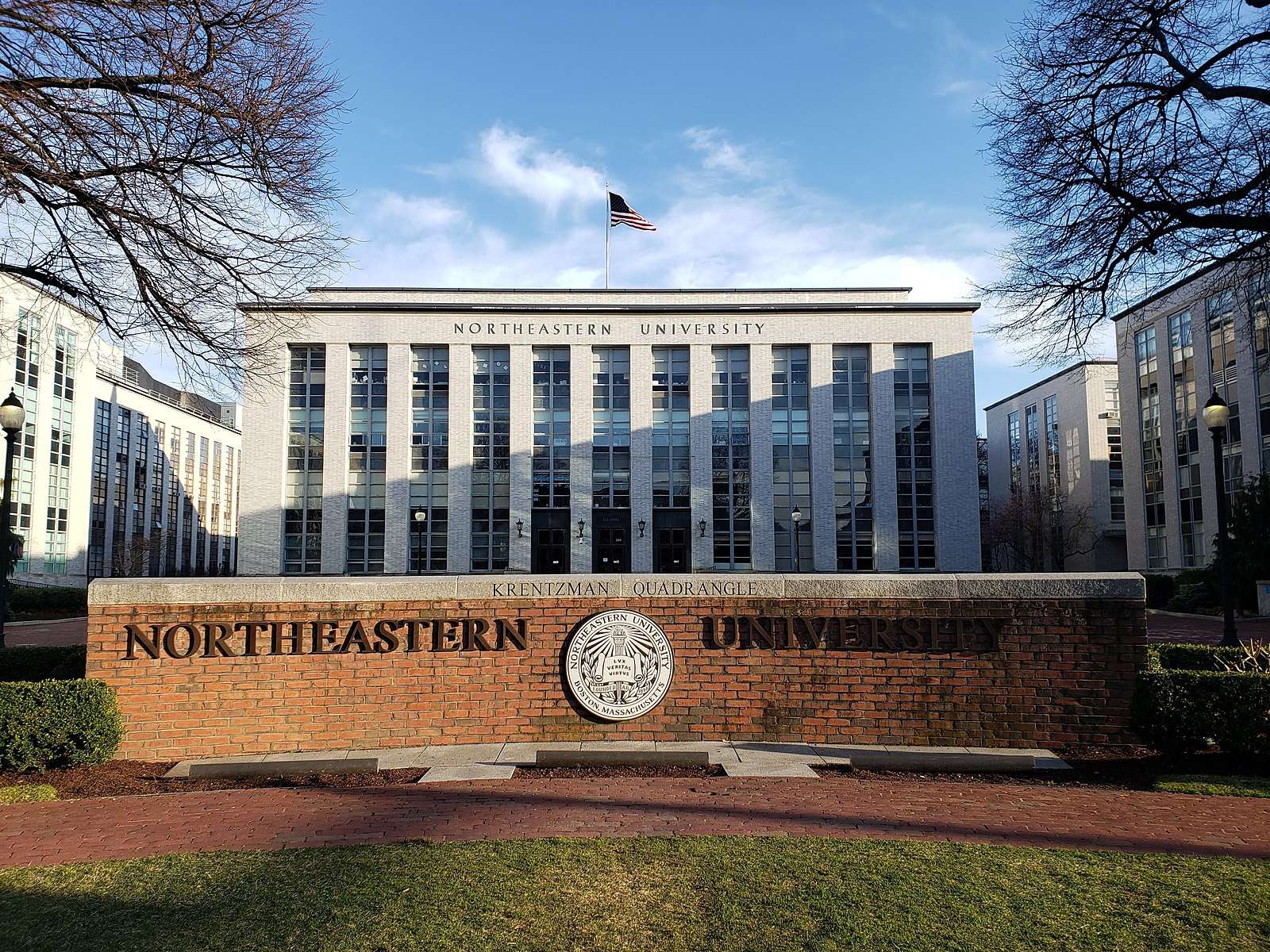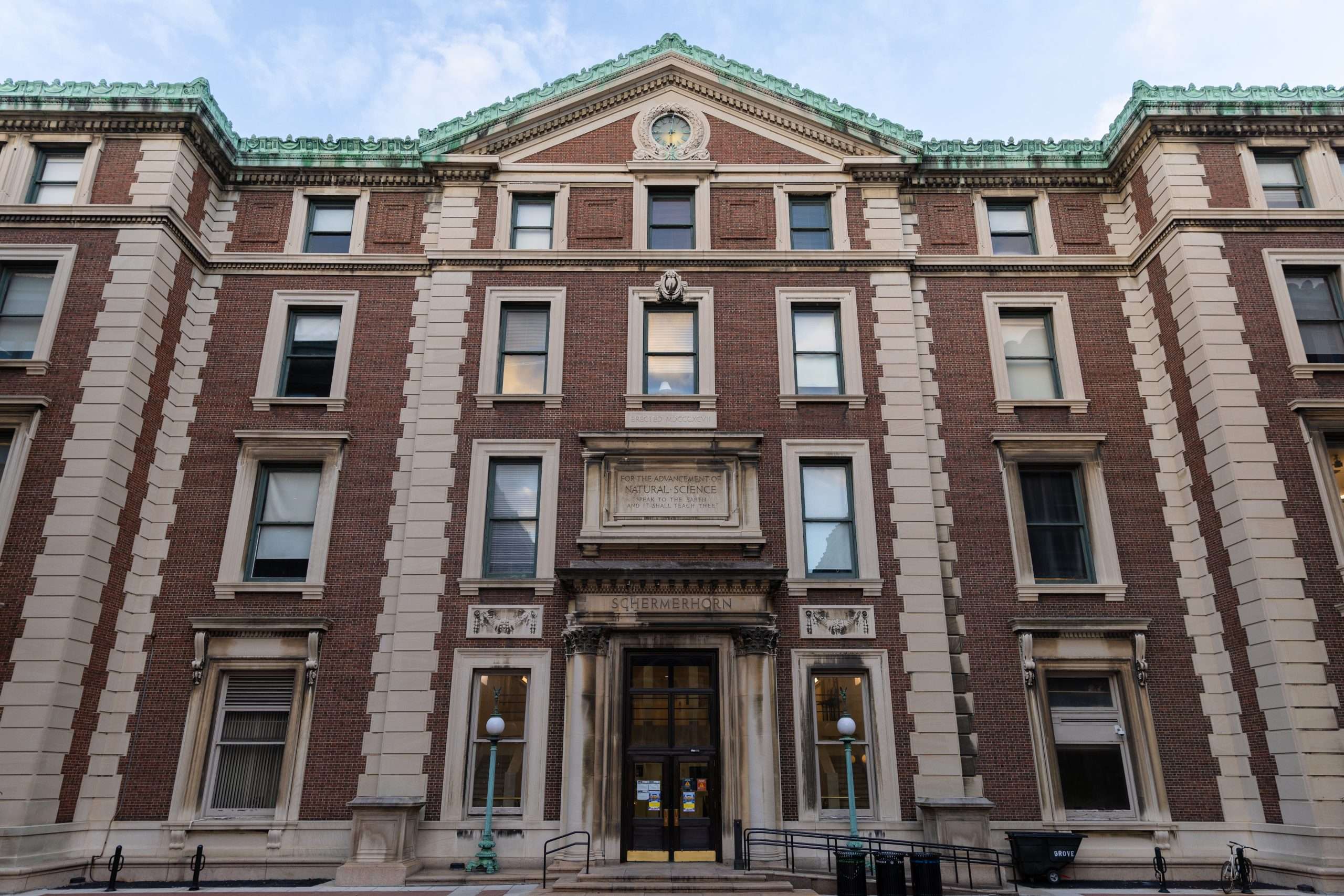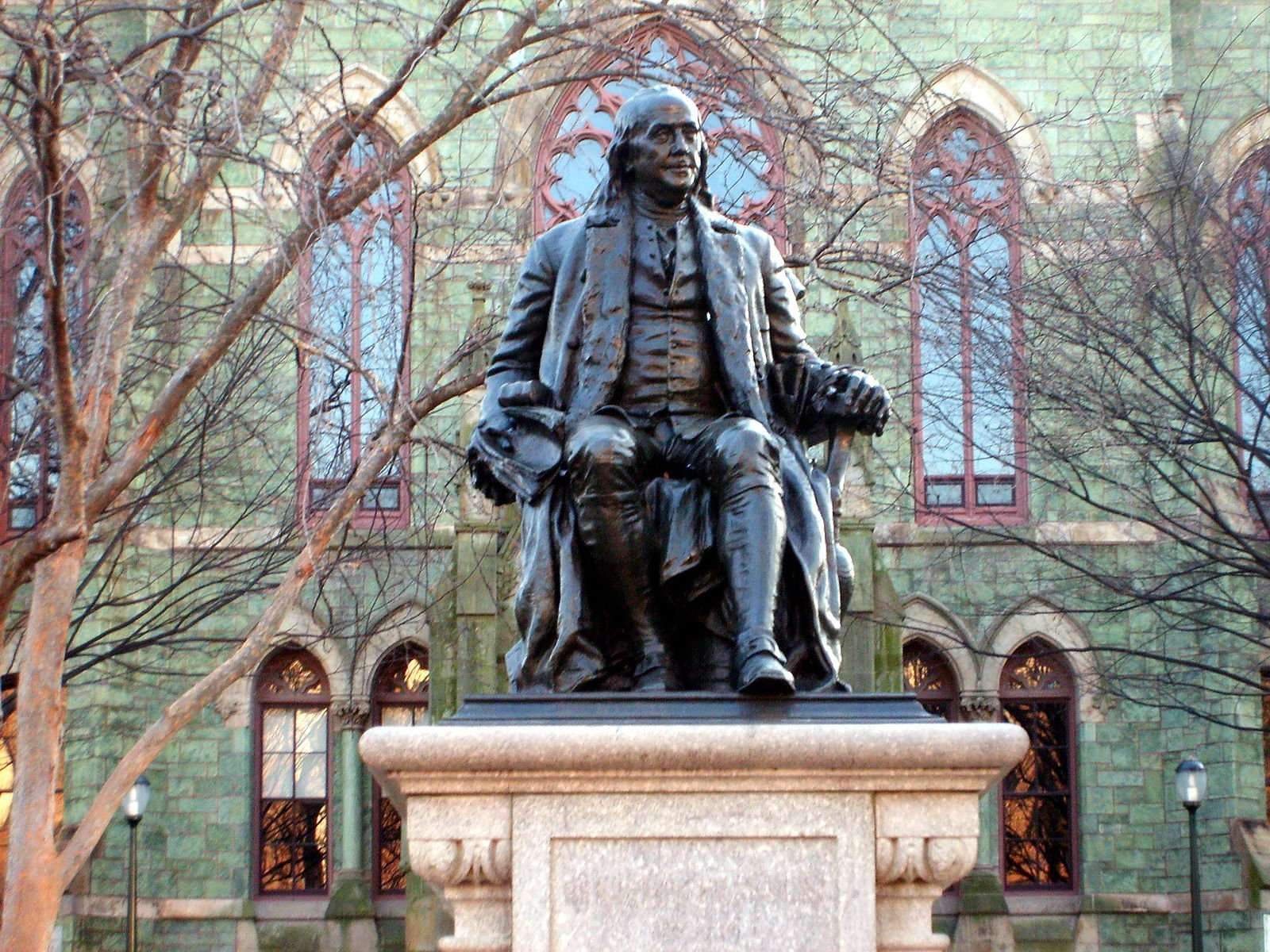The Ivy Coach Daily
How Elite Colleges Manipulate Their Rankings

When students and parents attend information sessions at elite universities, they’re often told that these schools don’t care about the annual rankings, including the US News & World Report ranking. But, of course, every highly selective university in America cares deeply about its yearly ranking. In fact, the very jobs of the deans of admission at these universities depend on their schools’ high ranking.
It’s not that admissions officers are trying to lie to parents and students. It’s just that they’ve been saying they don’t care about their rankings for so many years that we’ve probably started to believe it. They’ve been programmed. It’s why a critical part of our training is deprogramming when Ivy Coach hires former admissions officers from our nation’s most selective universities.
So now that our readers understand that every college cares deeply about its ranking, how do these schools manipulate their standing in said rankings? Because, yes, while not every school submits faulty data and gets caught with their hand in the cookie jar as Columbia University did in 2022, they all find ways to manipulate the rankings in other, typically more aboveboard ways. Let’s explore some of these ways!
4 Ways Elite Colleges Engineer Their College Rankings
1. Manipulating the Number of Applicants
As one example, many elite universities market to students who don’t have a shot on god’s green earth of earning admission. And these schools know this darn well. After all, they get these students’ information through lists sold by The College Board or ACT, Inc. So the schools know their test scores fall in a certain range.
Yet elite colleges so often market to students with test scores well below their mean. And why? The more students who apply — even if they’re unqualified — the lower the school’s admission rate will invariably be. It’s simple arithmetic.
2. Manipulating Admission Rates
Beyond encouraging unqualified students to apply, some highly selective colleges prematurely turn to their waitlists. In an outstanding opinion piece on college rankings by Gary Saul Morson for The Chicago Tribune, he points out, “Some selective schools go to supposed ’wait lists’ long before the national response date of May 1. If a student is unlikely to come — say, because her scores are way above your school’s average — put her on the wait list, then call the next day and tell her that if she decides right then to accept an offer of admission, she is in. If she asks to think about it, go on to the next applicant. No wonder the yield off the wait list is so high. Unless a student agrees to come, she was never admitted!”
Morson couldn’t be more on point. Indeed, one of Ivy Coach’s students received one of these very phone calls this year (just as they do most years). Yet our student made the mistake of not giving the admissions officer an answer right on the spot. Instead, he called us to find out what he should do. We shouted to our students at the top of our lungs, “Call him right back and accept! They’re going down the list. Claim your prize.” Our student wisely listened!
3. Manipulating Test Results
Yet another tactic applies to test-optional schools (which are, at present, a shrinking batch of elite universities.
So, how do test-optional schools manipulate the rankings regarding test scores? When colleges are test-optional, only students with above the mean test scores typically report their scores. It means that students with weak test scores often don’t report this data, and the college is thus under no obligation to report this data they never received to the publications that rank colleges. Test-optional admissions policies serve as a filter for colleges before they report their data to the publications that will assign their rank.
Interestingly, in early 2024, when Dartmouth announced that the school would be reinstating its SAT/ACT testing requirement for admission to the Class of 2029, their extensive research tipped them off that many students — notably low-income students, first-generation college students, and underrepresented minority students, whose scores, which sometimes fell below the mean, would have helped their case for admission mistakenly chose not to submit scores.
4. Manipulating Delayed Admission
Another way some of America’s elite colleges manipulate the rankings? Some schools don’t offer admission to students for the fall. Instead, they offer them a chance to enroll in the spring. Or sometimes they even offer them a chance to enroll the subsequent year — through a guaranteed transfer option. One Ivy League college, in particular, loves its guaranteed transfers. We see you, Cornell University.
So, what is one advantage of delaying students’ admission? You guessed it. These admitted students so often don’t count as admits for college rankings. Instead, they count as students denied admission, lowering the school’s overall admission rate.
There Are Many More Ways Colleges Manipulate the Rankings
As Julie Andrews sang, ” These are but a few of our favorite things” — or, in this case, ways colleges manipulate the rankings. There are many more ways, which we’ll be sure to cover in upcoming posts on Ivy Coach’s college admissions blog. So do stay tuned!
You are permitted to use www.ivycoach.com (including the content of the Blog) for your personal, non-commercial use only. You must not copy, download, print, or otherwise distribute the content on our site without the prior written consent of Ivy Coach, Inc.
TOWARD THE CONQUEST OF ADMISSION
If you’re interested in Ivy Coach’s college counseling, fill out our complimentary consultation form and we’ll be in touch.
Get Started




